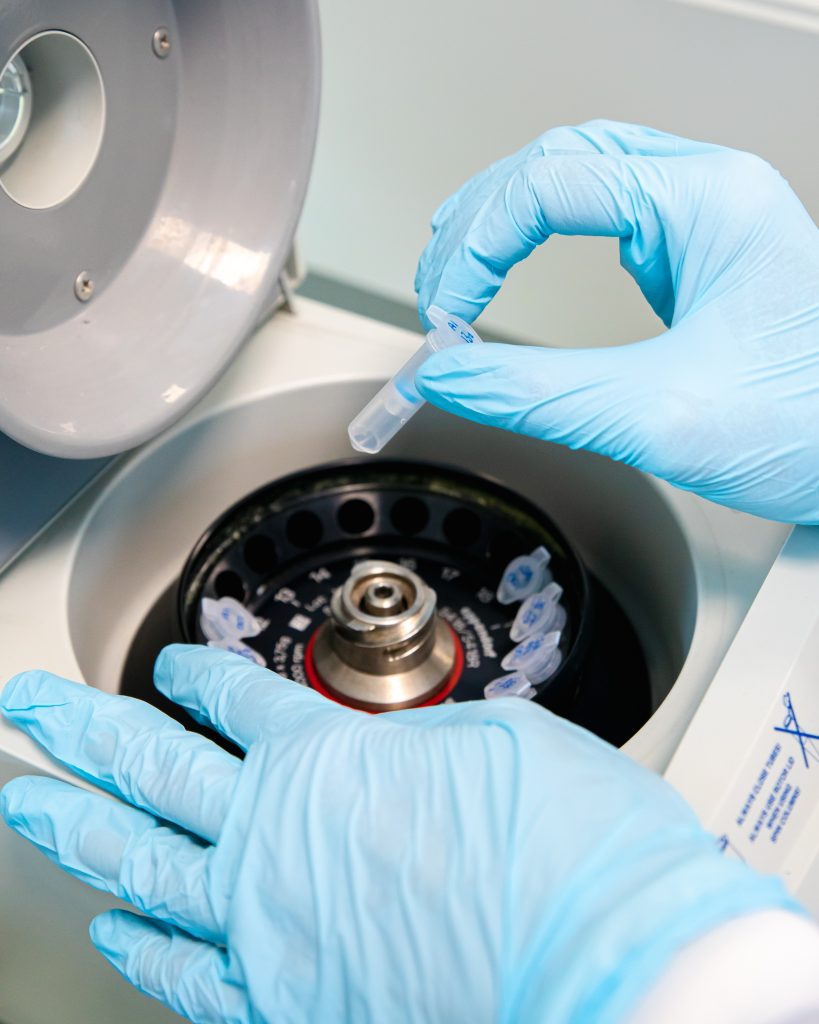Concept & Strategy

Our Innovative Concept
A scientifically-driven approach against in oncology : cancer as the resurgence of embryonic development processes.
The mechanisms of cancer cell development and resistance reactivated during tumor growth are one of the largest space of research and development in oncology. Netrin-1 is a laminin-related protein that plays a crucial role in neuronal guidance during embryogenesis and is no longer expressed in healthy adult tissues. Yet, netrin-1 is aberrantly re-expressed in multiple cancer types and is associated to tumor cell survival, Epithelial-to-Mesenchymal Transition (EMT), increased tumor plasticity and heterogeneity leading to metastatic development.
NETRIS Pharma lead asset is designed to block the interaction between netrin-1 and its main receptors unc5B to restore cell death, inhibit phenotypic plasticity and prevent metastases (Lengrand et al., Nature® 2023). This unique mode-of-action has been validated through an extensive set of preclinical experiments and confirmed by the positive outcome of the Phase 1 (Cassier et al., Nature® 2023) and Phase 2 clinical trial assessing NETRIS Pharma lead asset NP137 in patients with advanced solid tumors. More than 300 patients have been exposed to NP137 and the first clinical outcomes are published.
Our Therapeutic Strategy
Most current anti-cancer therapies focus on targeting highly proliferative cancer cells. Yet, research publications over the past decade demonstrate that resistance to these treatments is often due to a subset of cancer cells undergoing phenotypic changes that allow them to form metastasis and to evade therapy. NETRIS Pharma's therapeutic strategy is to develop innovative drugs that inhibit cancer cell plasticity, aiming to halt tumor progression, prevent metastasis and improve the long-term efficacy of chemotherapies, targeted therapies and immunotherapies.

